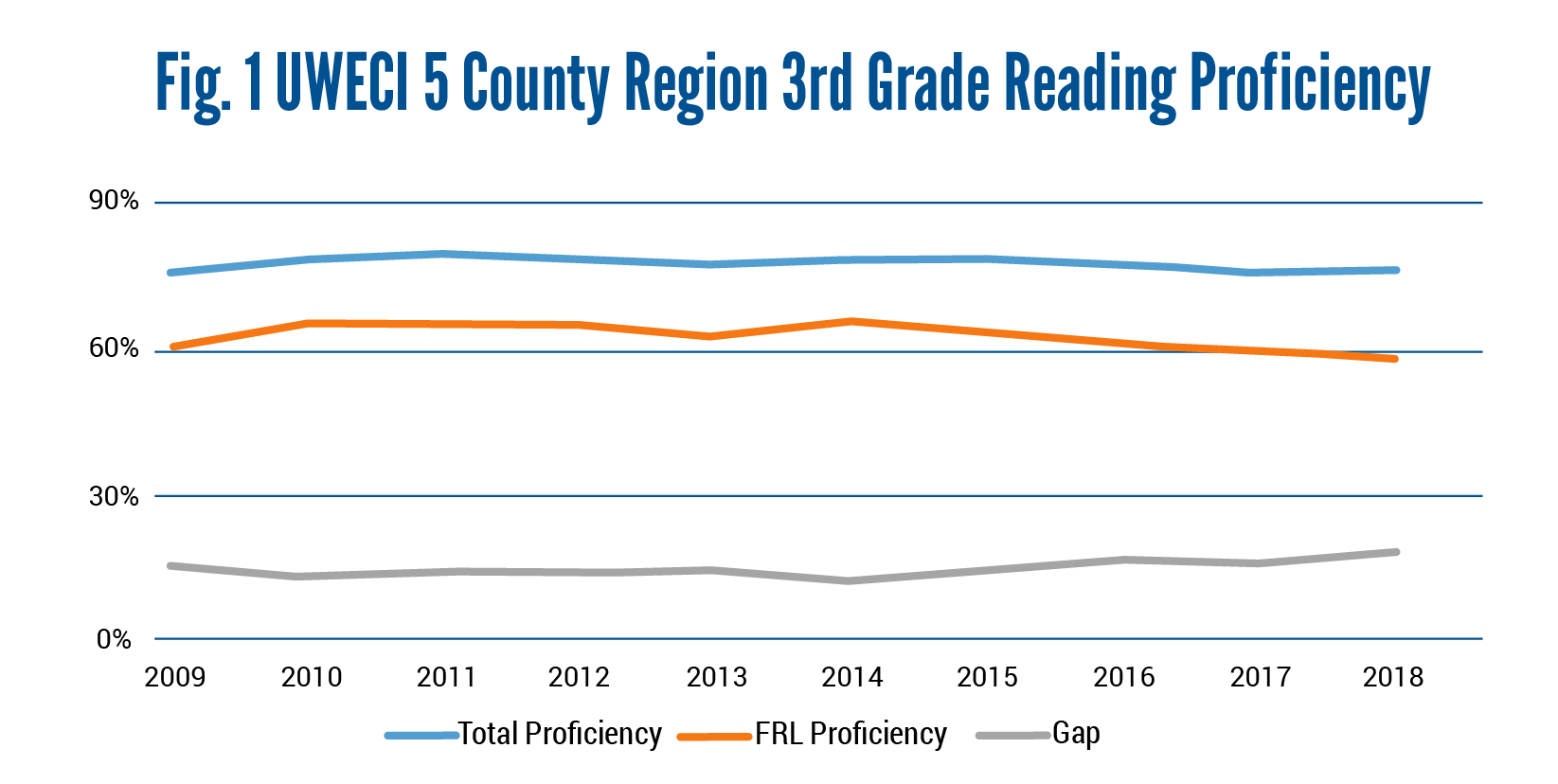Find out which students are most impacted by learning loss and how UWECI is helping them find success during COVID-19 and summer break.
Learning loss during summer breaks from school, particularly in the subjects of math and reading, has been researched extensively for decades. A comprehensive literature review of this phenomenon by Brookings indicates a couple of consistent conclusions, one is especially relevant to United Way of East Central Iowa’s (UWECI) education strategy. That is, income-based reading gaps grow larger over summer months. More clearly, students living in middle class families usually improve reading skills during this time while the reading skills of low income students usually worsen.[i] Unfortunately, the shift towards remote learning due to COVID-19 is exacerbating this gap along with the regular summer learning loss. Research suggests great disparities exist around online connectivity, often with low income students getting left behind.[ii]
Using free or reduced price lunch (FRL) as a proxy for low income, a clear gap of about 10-20% in reading proficiency between all students and those from low income families has existed over the past decade (see Figure 1). Total 3rd grade reading proficiency in our five-county region has stayed relatively constant between 75-80% while the reading proficiency of 3rd graders receiving free or reduced price lunch has stayed between 60-65%. We know there are many factors that contribute to this gap but as the aforementioned research suggests, summer learning loss is proven to widen it.

Unfortunately, summer learning loss will now be compounded by the challenges brought on by COVID-19. Many schools have been closed since March, and while all districts committed to some kind of voluntary or required continued learning program to complete the school year, anecdotally, the quality of that learning was different based on many factors including internet access as well as family size, health, income, and employment status. Summer learning loss, and the associated gap in reading proficiency, has therefore received a head start over previous years essentially starting in mid-March as opposed to the beginning of June.
The Brookings literature review indicated the easiest and most impactful ways to reduce summer learning loss around reading, is to incorporate a mixture of reading, comprehension exercises, and physical/recreational activities. Books are the obvious requirement for these strategies but are often not available, especially to those children living in low income families.
That is why UWECI pursued an ambitious multi-county book drive on June 13 and is incredibly proud of its success. Our community stepped up in a big way by donating an estimated 4,000 books, with donations still coming in from Jones County. Further, all the volunteers associated with the different roles required for the book drive to be a success deserve celebration. Communication with school districts are now taking place to develop strategies for distribution. UWECI will continue to build connections throughout the five-county region with the goal of improving reading proficiency and closing the gap between students based on income.
[i] Quinn, D, & Polikoff, M. (2017). Summer Learning Loss – What is it? What can we do about it? Brookings.
[ii] Hobbs, T., & Hawkins, L. (2020). The Results Are In for Remote Learning: It Didn’t Work. The Wall Street Journal.

